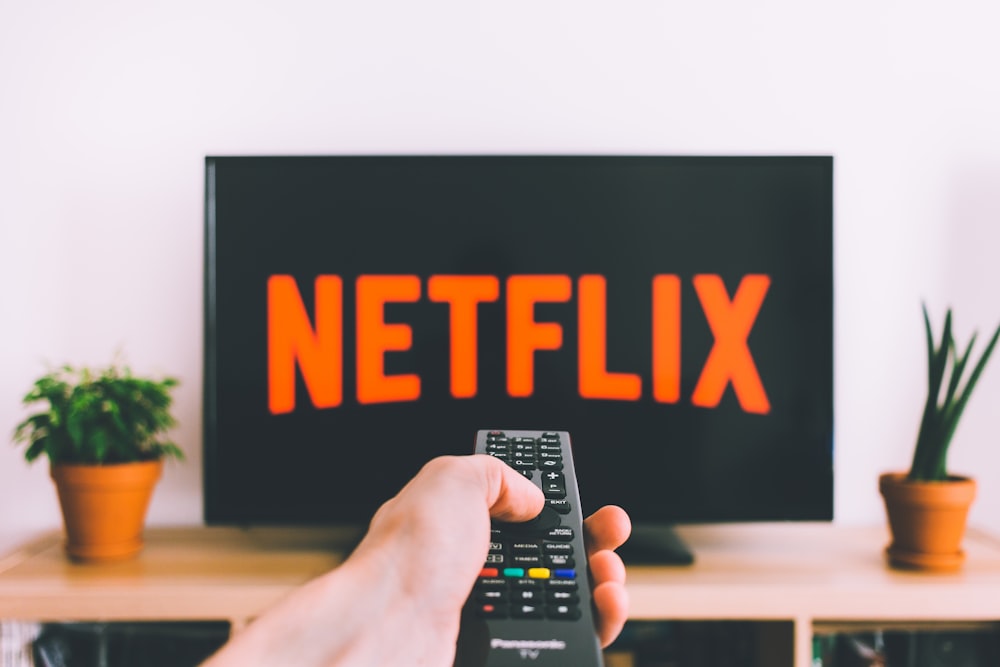Streaming services and market share in Europe by fool.com

The simplest way to look at the European SVOD market is to view it as a duopoly. Together, Netflix and Amazon absolutely dominate the European streaming market. Their combined market share in European Union nations is nearly 80%. In certain countries, it's even higher. In France, for example, the two had 97% of the market locked down as of the end of 2018.
Of the two, Netflix is larger. It had 46 percent of the market in the EU as of the end of 2018, which beat out Amazon's 33%. Together, all of these services' competitors could only manage 21%.
The two giants have been relatively unchallenged, but that may be changing. In March, newcomer Disney+ made its way across the pond. Disney+ launched on time last month in much of Western Europe, and on April 7 in France after a delay related to COVID-19.
Streaming devices and market share
Compared to its SVOD market, Europe's market for streaming platforms and devices seems pretty wide open. That may change soon. Amazon's Fire TV platform has footholds in the United Kingdom and Germany, and Amazon made moves in 2019 to expand that presence within and beyond those countries. Roku, too, is making big moves in Europe. Its focus has been on the U.K., where it hopes to break into the market with its Roku smart TVs despite the fact that its partners Hisense and TCL don't have strong market shares in Britain.
The future of European streaming
The European streaming market is large, but not static. In some countries and areas, SVOD penetration remains relatively low. New competitors are still arriving in Europe, and big players like Disney+ may have something to say about the current dominance by Amazon and Netflix. Meanwhile, the streaming device market is dominated by set-top boxes and smart TVs, making it hard to predict how streaming boxes and devices aimed squarely at cord-cutters might fare as Roku and Fire TV expand -- especially given that Google may soon have a competitor that runs the platform Europe is most familiar with.
Full article is available here:
Comments
Post a Comment